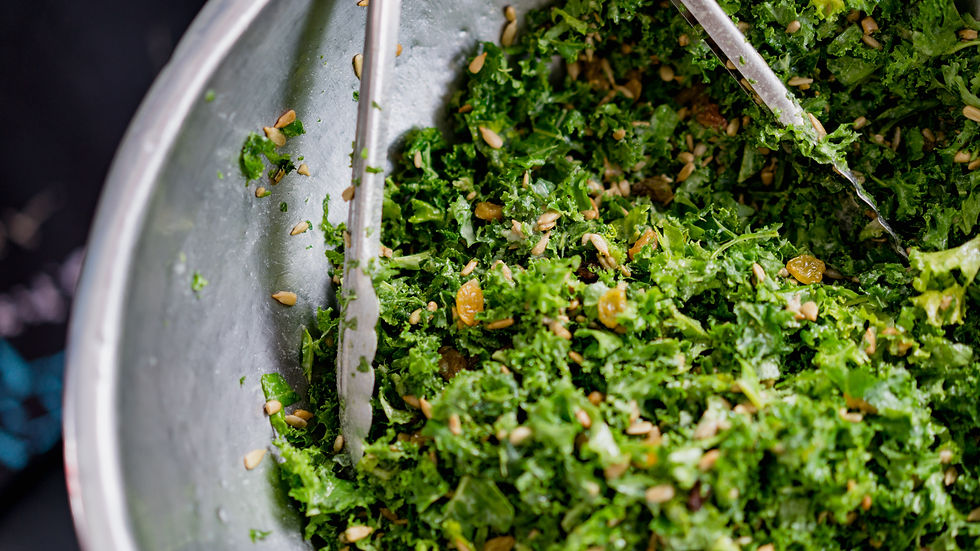Self Care Series: The Problem with Putting It All on You
- Jessica Goodnight

- Jan 31, 2020
- 1 min read
There's something powerful in knowing that you can help yourself by taking good care of your own well-being. You have some agency in all of this - you don't have to succumb to the whims of fate. You can take action. Those actions can help. You're not helpless, or hopeless.
At the right stage of a healing path, making a really specific action plan for self-care is exactly the thing to do.
At the wrong time, or from the wrong person, or if said too much - the suggestion that you'd feel better if you'd just take care of yourself can be profoundly invalidating.

The thing is, the message of self-care is that you are the one responsible for your well-being. What's beneath that - if we're not careful - can be the message that you are the one to blame for your suffering.
There are so very many factors that influence an individual's well-being. A great way to understand these factors is learning more about Bronfenbrenner's ecological theory of human development. Essentially, individual development doesn't occur in a vacuum - it occurs when people interact with their communities - from the microsystem level (e.g., a family) to the macrosystem level (e.g., cultural influences).
An individual has a great deal of power in responding to difficulties in their development. Self-care can give you agency at times you might otherwise feel powerless. But as recently pointed out in a viral tweet quoting community organizer Nikita Valerio, if we want people to thrive, our communities also need to care for those individuals and their development.
It's not all on you.



Comments